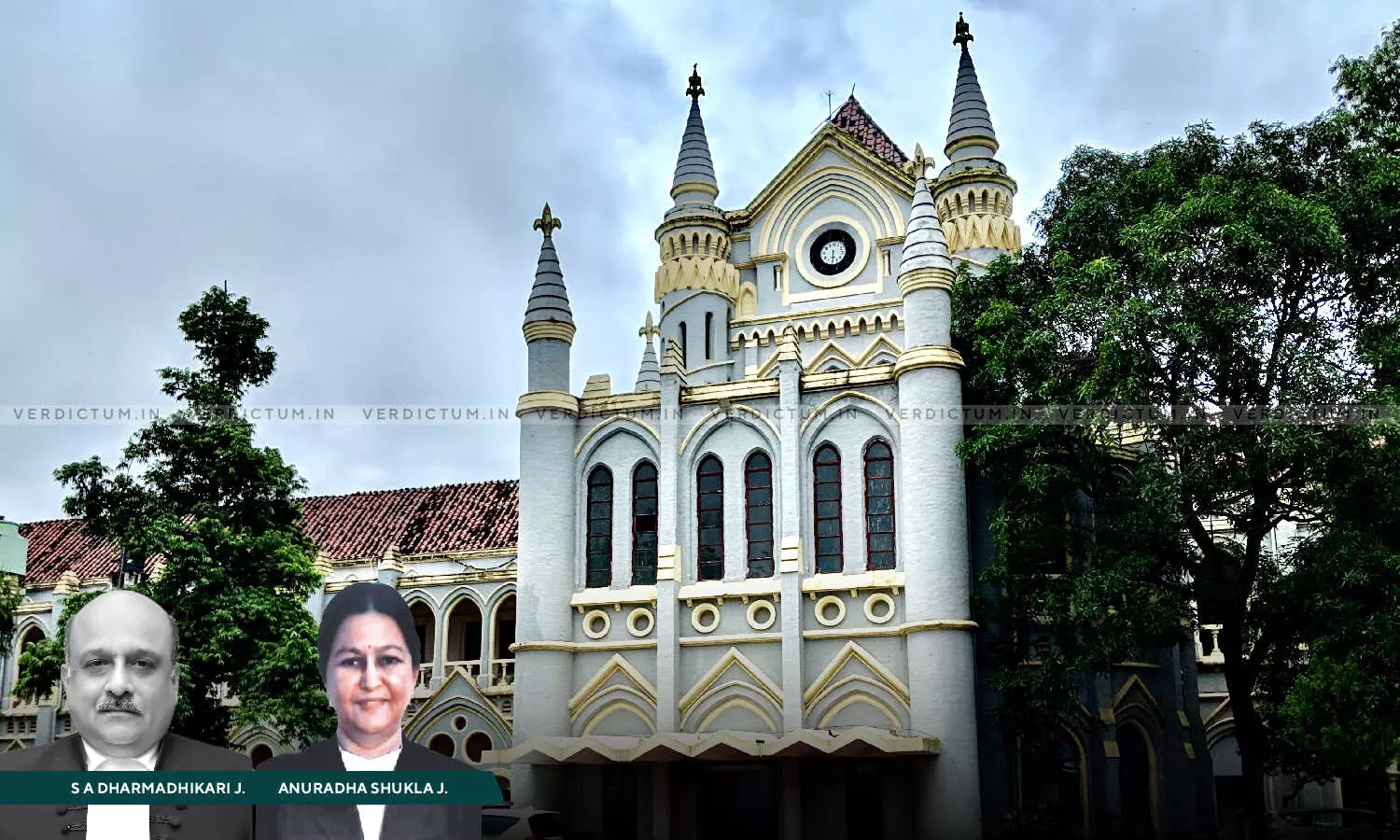
Scope Of Article 338 Of Constitution Cannot Be Expanded To Interfere With Routine Administrative Affairs Of An Employer Governed Under Service Rules: Madhya Pradesh HC
 |
|The Madhya Pradesh High Court has reiterated that the scope of Article 338 of the Constitution cannot be expanded to interfere with the routine administrative affairs of an employer, which all are governed under the Service Rules.
The Court reiterated that under service jurisprudence, a representation filed by an employee does not create any right in his favour to remain at the same place from where he has been transferred until the representation is decided. “He must first join the transferred place even if he has to avail the remedy of representation,” the Bench stated.
A Division Bench of Justice Sushrut Arvind Dharmadhikari and Justice Anuradha Shukla observed, “The scope of Article 338 of the Constitution of India cannot be expanded for the purpose of interfering with the routine administrative affairs of the employer, which all are governed under the Service Rules in force.”
Deputy A.G B.D. Singh appeared for the appellants, while Advocate Sanjay Sanyal represented the respondent.
The respondent (employee) failed to join the transferred posting and remained absent, leading to the "no work, no pay" rule. While not disputing the absence, the employee challenged the action on grounds of discrimination and filed a representation with the M.P. State Scheduled Caste Commission (Commission). Following this, the Director of Public Instructions, Bhopal, instructed the D.E.O. to post the employee at his preferred location. During the pendency of the representation, the respondent did not perform duties anywhere and was absent without authorisation.
The Single Judge held that the alleged unauthorised absence was not attributable to the employee since the Authorities had later issued an order of cancellation of transfer.
The Division Bench had to determine whether the period of unauthorised absence could be regularized merely on the ground that the employee was being harassed by the superior authority and whether the transfer was not in accordance with the policy.
The Court referred to a decision by a co-ordinate bench in Mridul Kumar Sharma v. State of M.P. (2015), wherein was held, “Whenever a public servant is transferred he must comply with the order but if there be any genuine difficulty in proceeding on transfer it is open to him to make representation to the competent authority for stay, modification or cancellation of the transfer order. If the order of transfer is not stayed, modified or cancelled the concerned public servant must carry out the order of transfer.”
The Court pointed out that the Commission had no power to issue the interim protection in favour of the employee.
The Bench explained that Article 338 of the Constitution provides that a Commission can investigate and monitor all the matters relating to the safeguards provided for the Scheduled Castes under the Constitution or under any other law. However, the Commission may not “interfere in the service conditions of an employee viz. transfer, promotion, posting etc., which all are governed under the Service conditions of an employee.”
Consequently, the Court held, “The respondent ought to have joined his duty at transferred place according to the provision given in M.P. Civil Services (Joining Time) Rules, 1982, therefore, in view of the attending facts and circumstances of the case, in our considered opinion, aforesaid period cannot be termed as on duty.”
Accordingly, the High Court allowed the appeal.
Cause Title: The State Of Madhya Pradesh & Ors. v. Kunwarlal Chowkikar (Neutral Citation: 2024:MPHC-JBP:50195)